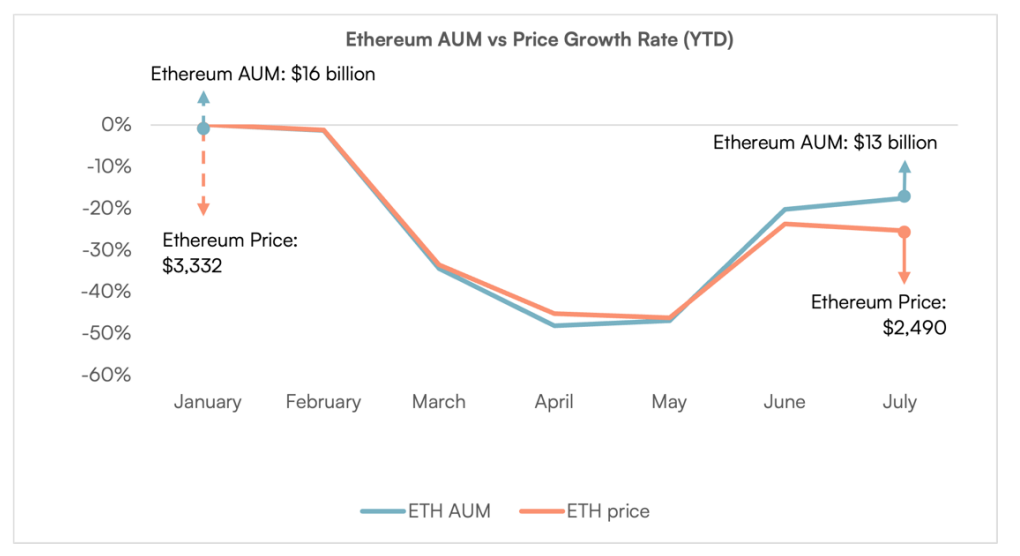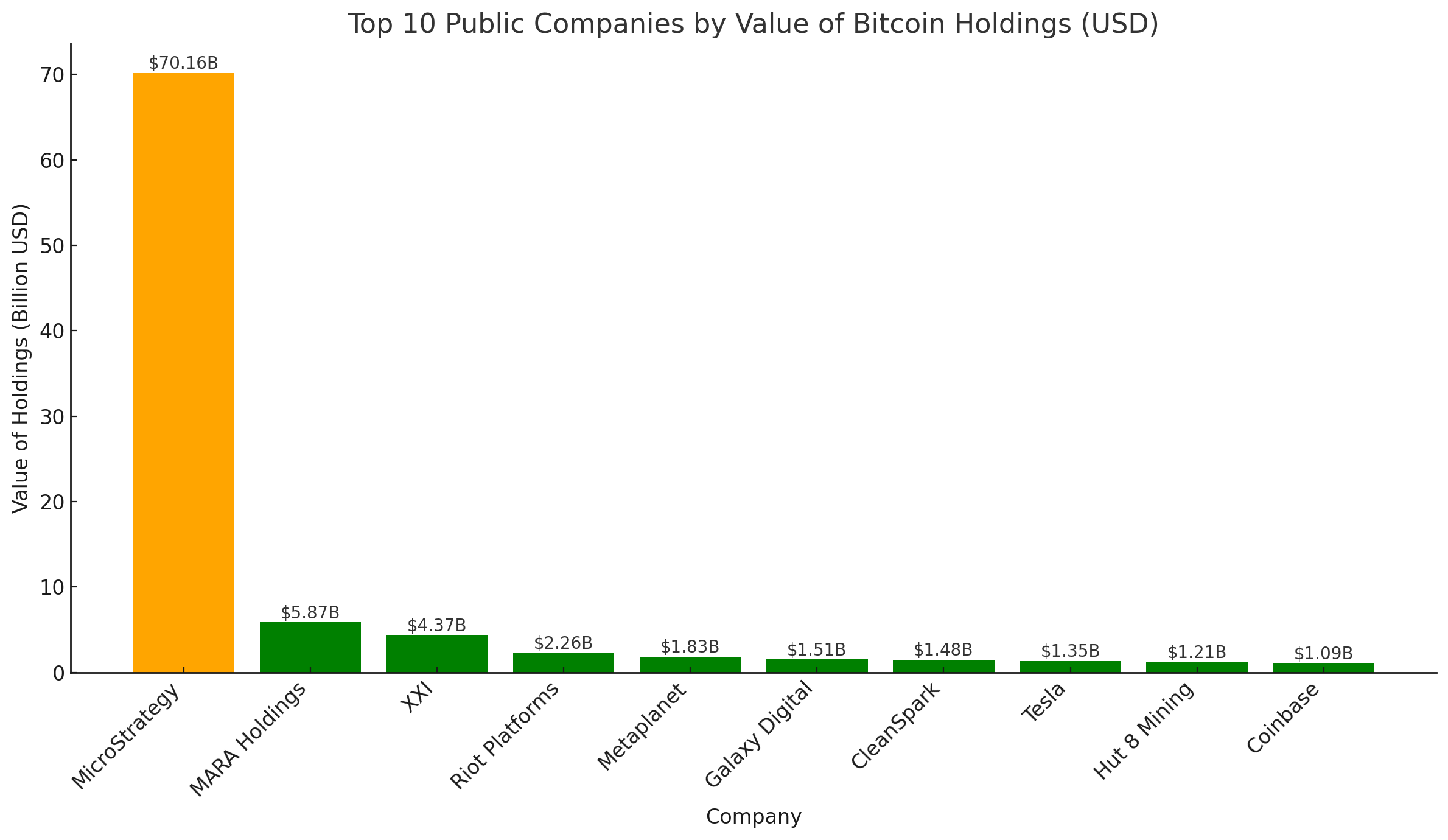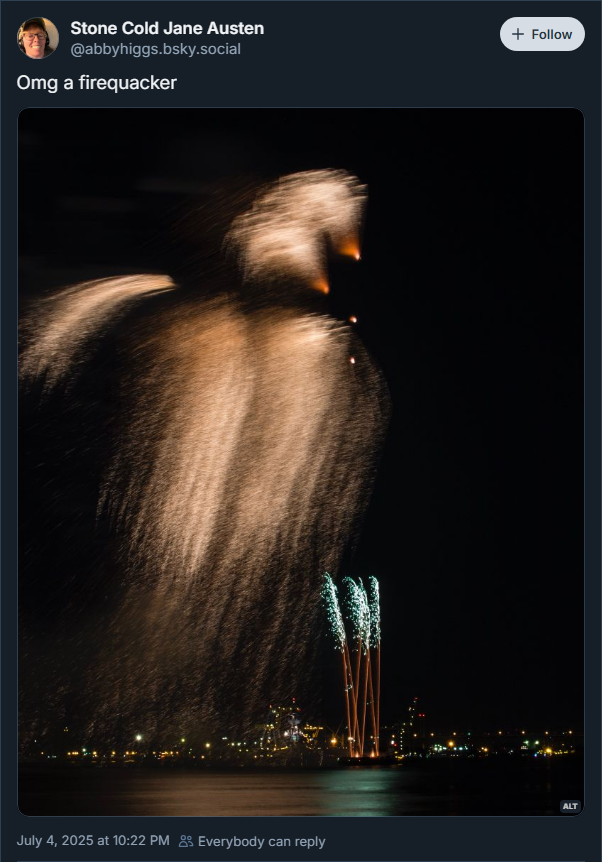SALT
LAKE
CITY
–
Cryptocurrency
developers
gathered
in
a
hacker
house
here
are
testing
out
a
radical
form
of
governance.
Called
“futarchy,”
it
entrusts
the
market
with
total
control.
Behind
this
effort
is
the
Meta-DAO,
the
latest
“decentralized
autonomous
organization”
to
use
blockchains
as
an
experimental
platform
for
creating
novel
governance
mechanisms.
DAOs
are
usually
organizations
controlled
by
their
token
holders,
who
vote
for
or
against
various
proposals
to
move
the
group
forward.
That’s
not
quite
how
Meta-DAO
works.
In
its
conception
of
governance,
every
decision
is
based
on
what
the
market
believes
is
the
best
outcome
for
its
token,
META.
“The
goal
of
the
DAO
is
to
make
number
go
up,”
said
Proph3t,
the
creator
of
Meta-DAO.
That
goal
caught
fire
at
the
Salt
Lake
hacker
house
in
mid-February
as
META’s
price
in
the
spot
market
soared
from
$50
to
over
$1,000
in
a
matter
of
days.
Attendees
of
mtnDAO,
a
month-long
coworking
conference
for
devs
building
on
the
Solana
blockchain,
got
hooked
on
trading
(ahem,
voting)
on
Meta-DAO’s
future
by
buying
and
selling
META
tokens
in
its
increasingly
contentious
governance
markets.
(“Spot”
in
this
context
refers
to
trading
outside
those
special
governance
markets.)
“This
is
consuming
my
life,”
said
Barrett,
the
head
of
mtnDAO
and
a
self-proclaimed
“futard.”
“This
has
been
a
war
on
the
order
books.
A
week
of
my
life
has
been
consumed
by
this
order
book.
There
has
never
been
a
more
interesting
DAO
governance
mechanism
in
crypto.”
Meta-DAO’s
breakneck
acceleration
has
caught
the
attention
of
venture
investors,
including
Pantera
Capital.
At
the
time
of
publication,
the
gigantic
crypto
investing
firm
has
an
active
proposal
to
buy
$50,000
of
META
tokens
from
the
DAO
at
well
below
spot
market
price.
Whether
the
purchase
goes
through
is
up
to
Meta-DAO’s
complicated,
unique
and
highly
experimental
conditional
markets,
which,
if
successful,
could
provide
a
framework
for
better
human
coordination.
If
Proph3t
has
his
way,
the
world
will
take
note.
“This
is
something
that
could
entirely
reshape
human
civilization,”
Proph3t
said.
“This
could
solve
politics.”
What
Is
Futarchy?
“The
goal
of
the
DAO
is
to
make
better
decisions,”
Proph3t
told
one
curious
bystander
at
mtnDAO,
“Markets
are
empirically
better
than
experts.”
In
an
industry
known
for
wild
undertakings,
futarchy
is
perhaps
one
of
the
wildest.
But
it
isn’t
a
new
idea.
Introduced
in
a
2007
paper
by
George
Mason
University
Economics
Professor
Robin
Hanson,
it
is
based
on
the
premise
that
speculative
markets
could
be
better
decision-makers
than
pure
democracies.
Participants
in
speculative
markets
(think:
stock
and
betting
markets)
are
incentivized
to
do
the
research
necessary
to
understand
the
optimal
outcome
to
serve
their
interests,
according
to
Hanson.
They’ll
buy
or
sell
accordingly.
Futarchy
is
the
most
extreme
use
case
for
another
Hanson
brainchild,
prediction
markets,
in
which
traders
bet
money
on
the
verifiable
outcome
of
an
event
in
a
specified
time
frame
(e.g.
“Taylor
Swift
engaged
in
2024?”).
More
modest
applications
are
to
use
them
to
forecast
outcomes,
or
at
least
measure
popular
sentiment.
Although
prediction
markets
have
mainly
languished
for
years,
analysts
at
Bitwise
Asset
Management
(prediction
No.
9
here)
and
Messari
(page
169)
have
issued
bullish
forecasts
for
the
crypto-based
versions
in
2024.
Futarchy
has
been
attempted
in
crypto
before.
In
2020
the
Ethereum
booster
organization
Gnosis
DAO
pledged
to
use
futarchy
via
prediction
markets
to
guide
the
group’s
decision-making.
It’s
unclear
how
successful
this
effort
was.
The
group
named
Hanson
as
an
advisor
in
2017
but
still
hasn’t
paid
him,
the
father
of
futarchy
told
CoinDesk.
Proph3t
came
to
mtnDAO
intent
on
building
crypto’s
first
true
futarchy.
The
pseudonymous
crypto
developer
calls
himself
a
“markets
nerd”
and
that’s
perhaps
the
best
way
to
describe
his
physical
appearance,
too.
(He
requested
CoinDesk
not
share
any
personal
descriptions.
No
one
at
mtnDAO
knows
his
real
name).
In
an
interview,
Proph3t
said
he
wants
to
disappear
once
Meta-DAO
becomes
self-sufficient
–
much
like
Satoshi
Nakamoto
did
for
Bitcoin.
His
creation
revolves
around
order
books,
the
piece
of
stock
and
crypto
trading
infrastructure
where
traders
post
“orders”:
how
much
they’re
willing
to
pay
to
buy
an
asset,
or
what
price
they’d
accept
to
sell
it.
In
Meta-DAO’s
governance
game,
each
proposal
gets
two
conditional
markets:
the
“pass”
market
and
the
“fail”
market.
Traders
who
want
a
proposal
to
pass
might
buy
META
in
the
“pass”
market
(this
would
push
META’s
price
up)
and
sell
META
in
the
“fail”
market
(this
would
push
META’s
price
down).
Conversely,
traders
who
want
a
proposal
to
fail
might
do
the
opposite.
Whichever
market
has
the
higher
price
for
META
after
a
set
time
will
execute.
The
trades
placed
on
the
unsuccessful
market
will
revert.
The
idea
is
that
traders
will
–
through
their
trading
–
signal
which
outcome
is
better
for
META’s
price.
“We’re
a
philosopher-kingdom
where
the
philosopher
is
the
market.
But
the
philosopher
is
not
trying
to
increase
our
happiness,
just
our
wealth,”
Proph3t
said.
‘Aspiring
Cult
Leader’
There’s
nothing
easy
about
pioneering
an
untested
form
of
governance.
But
if
there’s
any
community
where
Proph3t’s
proposition
that
“markets
are
better
than
managers”
might
catch
on,
it’s
probably
crypto.
The
self-described
“aspiring
cult
leader”
spends
his
days
at
mtnDAO
evangelizing
his
fledgling
futarchy
to
the
co-working
space’s
attending
coders,
many
of
whom
are
also
building
new
kinds
of
markets
on
top
of
blockchains.
“Somewhere
around
2020,
we
decided
that
crypto
was
projects
funded
by
a16z
and
staffed
by
Fenwick,”
Proph3t
said,
referring
to
the
gargantuan
VC
and
one
of
the
most
prolific
law
firms
servicing
crypto.
He
went
in
the
radically
opposite
direction
by
creating
a
leaderless,
markets-governed
organization
with
no
institutional
backing
and
certainly
no
lawyers.
“I
bought
in
hook,
line
and
sinker,”
said
Kollan
House,
a
mtnDAO
attendee
who
runs
a
crypto
market-making
operation
and
became
one
of
Meta-DAO’s
stalwart
contributors
even
before
arriving
at
Salt
Lake
City.
:format(jpg)/cloudfront-us-east-1.images.arcpublishing.com/coindesk/2PDJD5UW6VDWTKNIN2JOYD3WGM.jpg)
Developers
at
work
inside
a
Solana
hacker
house
in
Salt
Lake
City
in
February
2024
(Danny
Nelson/CoinDesk)
“As
innovative
as
crypto
can
be,
we
tend
to
revert
to
the
mean,”
House
said
in
a
Telegram
message.
Proph3t’s
message
“brought
me
back
to
the
2014
days
when
the
possibility
to
change
the
world
felt
palpable,
and
it
wasn’t
about
some
egotistical
maniacs
lying
through
their
teeth.”
The
pair
became
Meta-DAO’s
power
brokers
at
the
WeWork
office
space
in
Salt
Lake
where
mtnDAO
is
staged.
On
any
given
day,
Proph3t
can
be
seen
tending
to
the
organization’s
long-term
goals
before
inevitably
getting
wrapped
up
in
whatever
chicanery
is
happening
on
its
order
books,
while
House
manages
the
Discord
server,
chats
about
futarchy
with
other
attendees
and
drafts
proposals
to
go
before
the
traders
who
govern
Meta-DAO.
A
‘Spicy’
Trade
Proposal
Everything
was
quiet
at
Meta-DAO
(perhaps
too
quiet,
if
you
asked
Proph3t)
until
proposal
6,
the
first
truly
controversial
proposition
to
stress-test
its
conditional
markets.
Ben
Hawkins,
an
employee
of
the
Solana
Foundation
who
was
passing
through
mtnDAO,
learned
about
futarchy
and
wanted
in.
He’d
just
missed
the
DAO’s
first
fundraising
round,
which
sold
$75,000
worth
of
META
tokens
to
a
handful
of
its
early
believers,
a
trio
of
mtnDAO
attendees
among
them.
So
Hawkins
crafted
a
proposal
he
knew
would
be
“spicy.”
He
proposed
the
DAO
sell
him
$50,000
worth
of
META
tokens
at
$33
apiece,
a
steep
discount
to
the
token’s
$50-$60
valuation
on
spot
markets.
He
knew
that
Meta-DAO’s
rationally-minded
traders
would
balk
at
giving
this
relative
nobody
(while
Hawkins
works
for
Solana
Foundation,
he
was
acting
independently)
such
a
steal.
But
Hawkins
had
one
thing
going
for
him:
oodles
of
money
to
spend
in
Meta-DAO’s
conditional
markets.
He
committed
a
little
over
$250,000
in
an
attempt
to
drive
up
META
in
the
“pass”
market.
His
broader
goal
was
to
“bring
attention”
to
Meta-DAO
and
force
people
to
think
about
“market-based
decision
making,”
Hawkins
said
in
an
interview
with
CoinDesk.
It
worked.
Within
a
day
of
its
posting,
proposal
6
had
turned
mtnDAO
into
a
“war
room”
of
traders
marveling
at
Meta-DAO’s
order
book-based
governance
and
quaking
at
what
would
happen
if
Hawkins
traded
his
way
to
victory.
“He’s
getting
a
massive
controlling
interest
for
way
below-market
price,”
said
Anders
Jorgensen,
the
intern
for
decentralized
finance
project
MarginFi.
“That’s
about
as
bad
as
it
gets.”
(MarginFi,
along
with
fellow
Solana-based
DeFi
project
Cypher,
hosted
the
mtnDAO
confab.)
On
Friday,
Jorgensen
was
plotting
the
demise
of
Hawkins’
proposal
6.
The
“futards”
took
up
arms
against
Hawkins.
Some
bought
META
on
spot
markets
to
sell
in
the
“pass”
market,
driving
down
its
price
for
META
and
making
“fail”
more
likely
to
win.
But
one
can
spend
a
dollar
only
once.
The
futards
ran
into
a
liquidity
wall;
they
only
had
so
much
crypto-ammo
to
spend.
“I’m
reaching
out
to
size,”
Jorgensen
muttered
at
one
point
in
the
fight,
indicating
he
was
contacting
a
trader
with
plenty
of
capital
to
bid
on
META
in
“fail.”
Enter
Pantera
Whether
or
not
Anders
found
his
size
trader,
Hawkins’
proposal
did
ultimately
fail.
Before
it
did,
“size”
showed
up.
With
one
day
left
in
proposal
6,
the
$4
billion
crypto
asset
manager
Pantera
proposed
to
buy
$50,000
worth
of
META
from
the
DAO
at
a
maximum
price
of
$100
apiece.
In
a
blog
post
Pantera
said
it
viewed
buying
META
“as
an
opportunity
to
test
futarchy’s
potential
as
an
improved
system
for
decentralized
governance.”
The
investment
would
come
from
Pantera’s
liquid
token
fund.
The
market
viewed
Pantera’s
outreach
as
a
stamp
of
legitimacy.
Within
one
day
of
Pantera’s
proposal
7
going
live,
the
spot
price
of
META
shot
from
$85
to
over
$1,000.
Proph3t
also
met
Pantera’s
overture
with
excitement.
On
a
Friday
afternoon,
he
said
the
fund’s
participation
could
increase
Meta-DAO’s
chance
of
success
by
5%
to
15%.
That’s
a
pretty
big
jump
for
a
single
action,
he
said.
:format(jpg)/cloudfront-us-east-1.images.arcpublishing.com/coindesk/T3HRVWB5WZAZ5NRJ3LLC62NSHM.jpg)
MarginFi
and
Cypher
hosted
the
mtnDAO
hacker
house
gathering
in
Salt
Lake
City
in
February
2024.
(Danny
Nelson/CoinDesk)
If,
at
first,
the
participants
of
Meta-DAO’s
Discord
server
were
open
to
partnering
with
a
massive
crypto
trading
fund,
their
open
arms
crossed
as
META’s
spot
price
soared.
By
late
Sunday
night,
the
“fail”
market
was
showing
strength.
Why
should
Pantera,
or
anyone,
for
that
matter,
get
a
bargain
deal?
Because,
according
to
Proph3t,
the
DAO
should
reward
those
who
bring
it
value.
“Pantera
has
just
created
a
lot
of
credibility
to
the
DAO,”
he
wrote
in
Meta-DAO’s
Discord
server
Saturday.
Throw
in
Pantera’s
promise
to
offer
“futarchy
consulting”
to
other
portfolio
companies
if
the
proposal
passes,
and
its
participation
could
be
tremendous
for
Meta-DAO
and
its
mission,
he
told
the
others.
“Whether
the
prop
fails
or
not,
we
should
pay
Pantera,”
Proph3t
told
CoinDesk
in
a
Telegram
message
late
Sunday.
“The
DAO
needs
to
pay
people
who
provide
value
to
it.”


